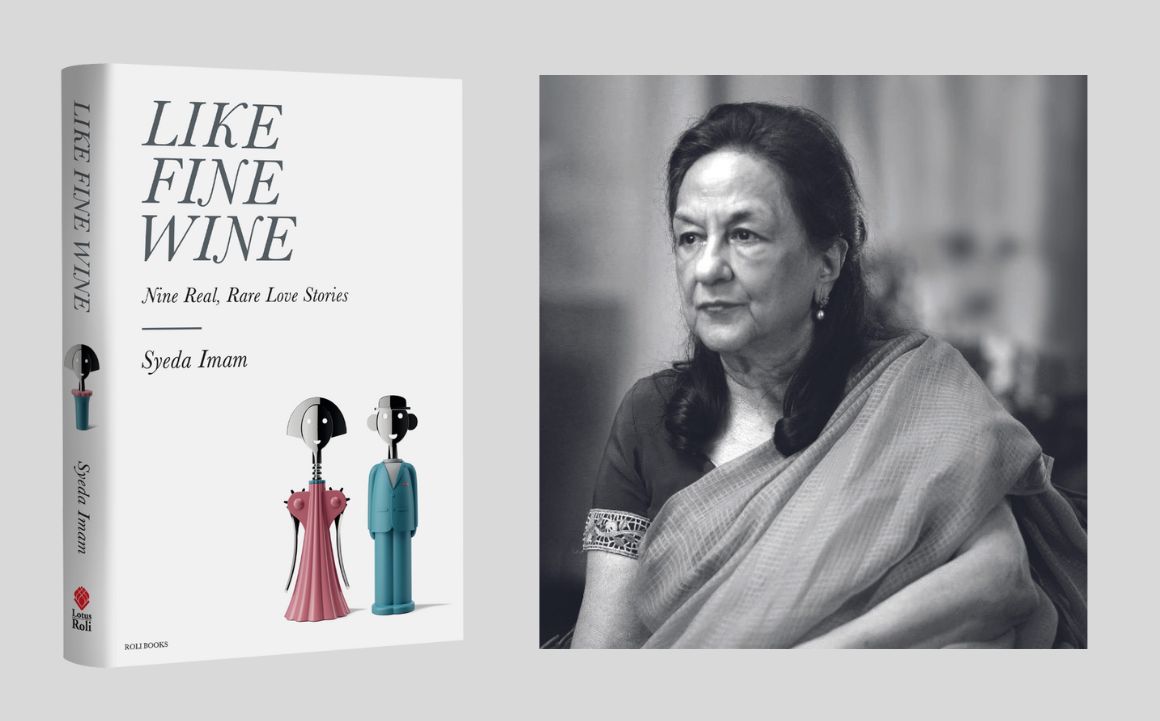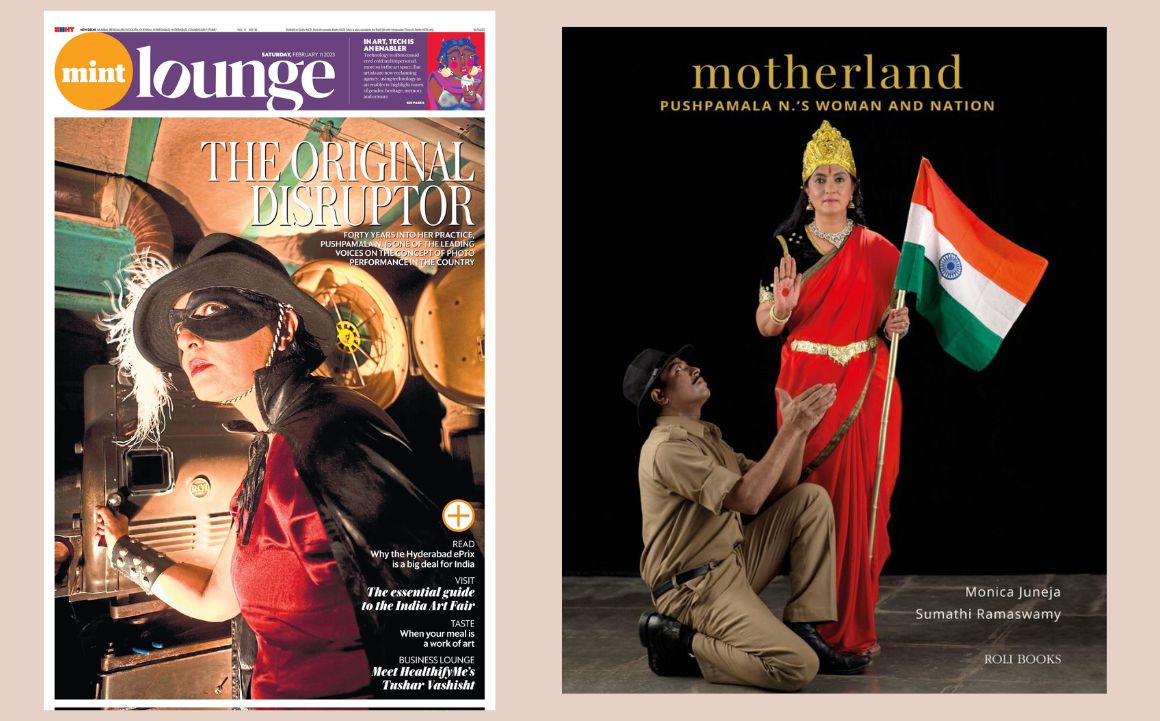William Dalrymple
Pramod Kapoor’s remarkable research has shed important new light on a thrilling and critically important but partly-forgotten story, and does so with great flair and panache.
Pramod Kapoor’s remarkable research has shed important new light on a thrilling and critically important but partly-forgotten story, and does so with great flair and panache.
In recent years there has been a renaissance of botanical painting throughout India, with artists such as Hemlata Pradhan in Kalimpong, Nirupa Rao in Bangalore and Jaggu Prasad in Rajasthan, exhibiting around the world, and teaching botanical painting to a new generation, who are influenced by both Indian traditions and the modern European flower painting. Their work here demonstrates how the traditions begun in the
Two hundred years since the first botanical paintings were sent by ship from India to Kew Gardens, this book will be their first return to the subcontinent as a printed archive. In this sense, this small but significant volume is a giant step in the right direction. More than seventy years after gaining independence from the British Crown, the Indian post-colony inherited a hybrid botanical
A new generation of people living in the global village and with high expectations of a better life are no longer the willing slaves of government handouts, censored national media or the edicts of the politicians and agencies. They have developed a mind of their own. The basic issue is that the people crave peace and not hostility… In 2004, I sensed this public mood
India versus Pakistan is a contest between two countries, not two communities within India. It is not the Pentangular revived; India has never fielded an all-Hindu team, and even Islamic Pakistan these days cannot do without a Hindu leg-spinner. Coverage of these matches in communal terms is as reprehensible as covering them through military metaphors, a sin of which Indian and Pakistani journalists alike have
… two diplomats and cricket lovers look at… India-Pakistan cricket andthe attendant politics and tell it like they see it
…an engrossing story that captures, in fluent and moving prose, so many angles of Indian life – cricket, religion, love, dislocation, communal violence, ethics, values, and more – in language that is vivid and lyrical.
Kanchan Karopady Bannerjee has done a wonderful job of recounting the efforts of an extraordinary family from the tiny Bhanap community. Not only were the Benegals gifted enough to work across a diversity of professions, they also personified selfless nationalism, and were change-makers who were supported by strong women in their lives. I recommend this engagingly written book as essential reading for all ages –
“The first, Honorary Tiger, takes a fascinating look at the life of Billy Arjan Singh, who is now 88 years old and still fighting for the rights of the tigers of Dudhwa. Written by Duff Hart-Davis, it takes you through Billy’s early life-his first tiger shot at the age of 14, his amazing interactions with Jim Corbett and, of course, his experiences of World War
Billy’ Arjan Singh, champion of India’s tigers, has often been compared to a big male tiger: feared by some, admired by many, forever unique. Duff Hart-Davis, the author of Honorary Tiger: The Life of Billy Arjan Singh (Roli; Rs 350) is a well-regarded English journalist and natural-historian, with many books and the encyclopaedia Fauna Britannica to his name. Billy was born into the princely Kapurthala

Syeda Bilgrami Imam is an award-winning writer and editor of The Making of Advertising (Macmillan), The Positive Side (Roli Books) and The Untold Charminar (Penguin).

“Few artists have brought together humour and feminism like Pushpamala N. Forty years into her practice, the contemporary artist is one of the leading voices

Janamsakhis are stories about the life of Guru Nanak (1469–1539). They have been circulating orally, inwriting, and in paintings and illustrations. B40 is one such
Since its inception 40 years ago, Roli Books has consistently identified bold themes relating to India and its heritage and commissioned the best talent to collaborate to produce high-quality books that are treasures in themselves.
Get our latest book recommendations, author news right to your inbox
Get our latest book recommendations, author news right to your inbox
Get our latest book recommendations, author news right to your inbox
Get our latest book recommendations, author news right to your inbox